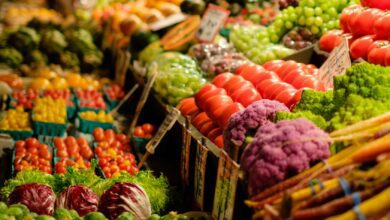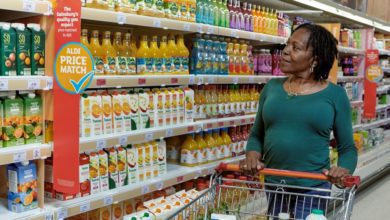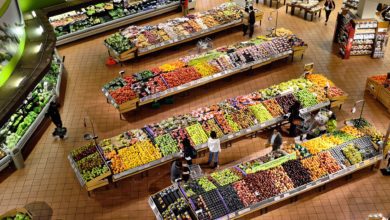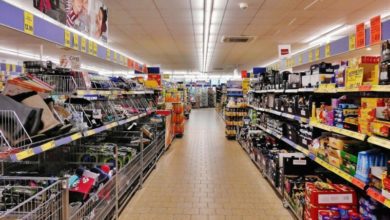Supermarkets see spending surge in final weeks of December
Over the 12 weeks, Aldi was the fastest growing retailer with a 19.3% growth in sales
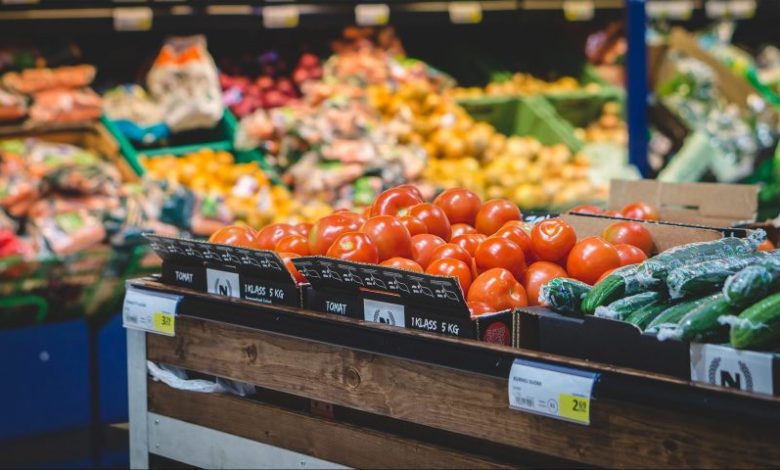
Total Till value growth at supermarkets increased to 10.9% from 7.6% in the final four weeks ending 31 December 2022, according to the latest data from NielsenIQ.




